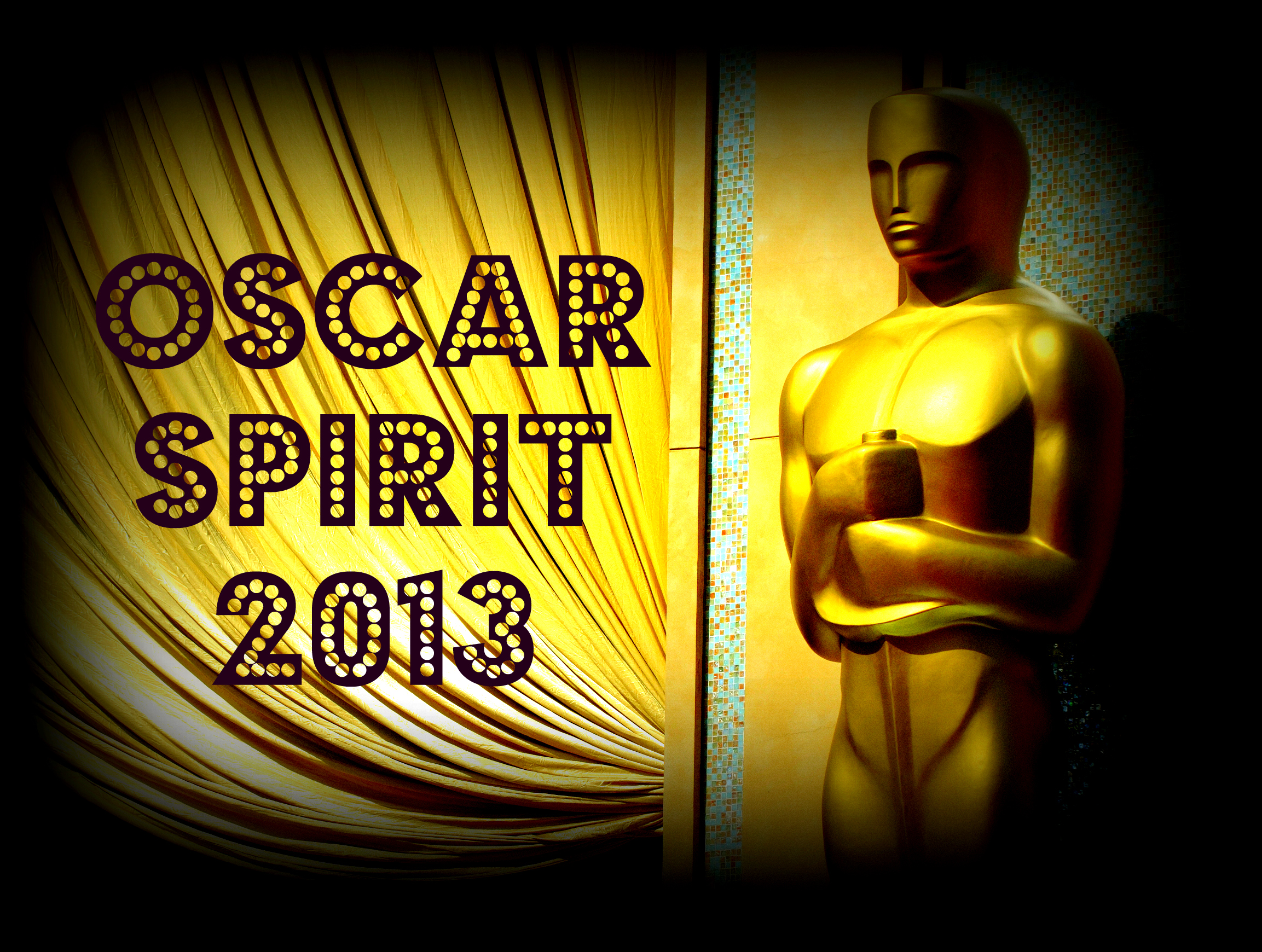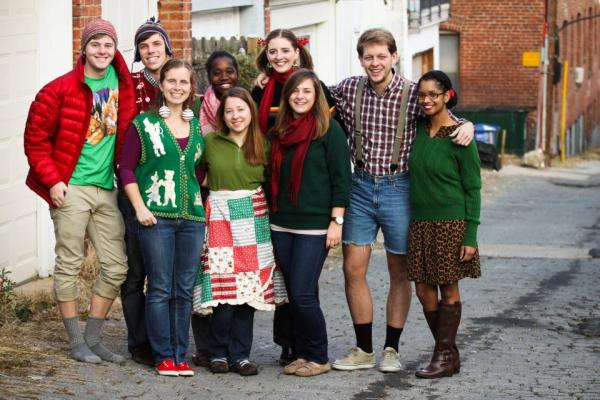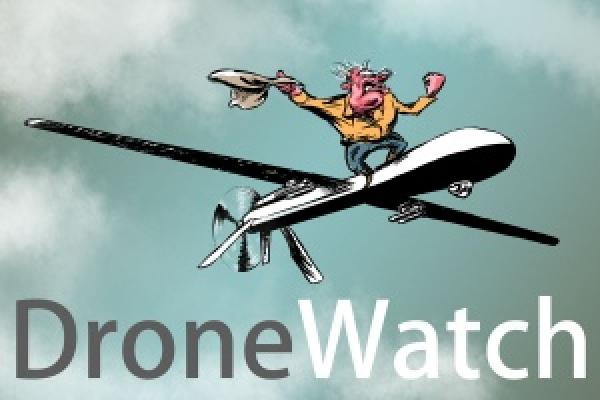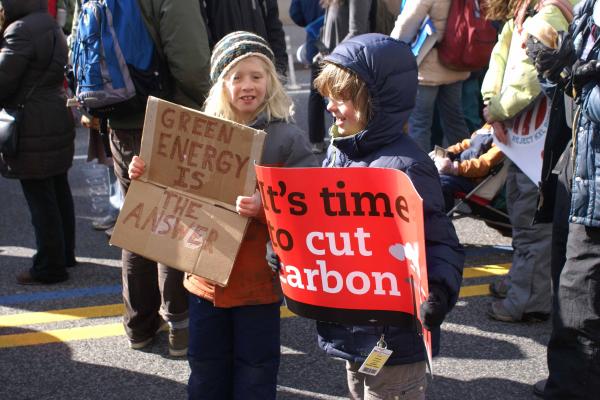(I was invited to take part in a debate about hell at a university recently, but unfortunately, the dates don’t work with my schedule this time. But since it’s an interesting topic, and one about which many folks have questions, I thought I’d share a couple of short essays I’ve written on the subject.)
While Jonathan Edwards wasn’t the first to preach about hell and condemnation, his ‘Sinners in the Hands of an Angry God’ sermon in 1741 crystallizes the beginning of a modern movement in the church. Edwards employed fear of punishment as a primary means for conversion and doctrinal adherence. Meanwhile, his congregants fainted in the aisles and clung to the pews to avoid being dragged down into the abyss.
We can argue day and night about whether fear-based theology is effective, biblically accurate, or even necessary. But it’s worthwhile to consider where our contemporary ideas about hell and Satan even come from.
Today, we’ll begin with Satan; we’ll save hell for tomorrow.
I got home from a church event on Sunday evening, in time to watch the season three finale of “Downton Abbey” on PBS, but I stuck to my guns about catching up on previous episodes first.
But on Monday morning, The New York Times had two articles about the finale and I couldn’t stop myself from reading them.
So now I know that two key characters get killed off — because the actors playing them wanted to move on from the show. Does that mean watching the older season three episodes is pointless? Not at all. As any Christian can tell you, knowing how the story ends doesn’t take away its meaning or mystery. If anything, you become even more alert to character development.
Killing off characters can work wonders for a television series, but it rarely works for the actors who overestimated what they uniquely brought to the program.
Ask any executive, pastor or educator about moving on and then bombing in the next job: their success wasn’t about them in the first place. It was circumstance, luck or an “alignment of the planets,” if you will, that existed only for an instant.
WASHINGTON — Foes of same-sex marriage are warning the Supreme Court that lifting state or federal restrictions would threaten their own economic and religious freedoms and lead to social and political upheaval.
In about three dozen briefs filed in recent weeks, groups ranging from U.S. Catholic bishops and evangelicals to state attorneys general and university professors argue that upholding gay marriage could lead to penalties against objecting employers, military officials, and others.
Briefs from supporters of gay marriage are due by early March.
 The fragility of life. The servanthood of love. The (im)morality of war. The fundamentals of mercy and justice. The power of grace and forgiveness. The oneness of creation. The personal (and spiritual) toll of climate change. The nature of God and faith.
The fragility of life. The servanthood of love. The (im)morality of war. The fundamentals of mercy and justice. The power of grace and forgiveness. The oneness of creation. The personal (and spiritual) toll of climate change. The nature of God and faith.
These are some of the spiritual themes explored in the mostly august field of nine contenders for the 2013 Academy Award for Best Picture -- Amour, Argo, Beasts of the Southern Wild, Django Unchained, Les Miserables, Life of Pi, Lincoln, Silver Linings Playbook, and Zero Dark Thirty.
2012 was an extraordinary year for film. This year's Best Picture field is perhaps stronger than it's been in recent memory, replete with nuance and substance, each film presenting a uniquely compelling and memorable tale that both informs and reflects our culture, sensibilities, and challenges.
A few of the nominated films employ overtly religious ideas and language (Life of Pi, Les Miserables, Lincoln), while others tackle daunting ethical issues that speak to our deepest identities and values (Argo, Djano Unchained, Zero Dark Thirty), or explore the sacred landscape of friendship, family, and unconditional love (Amour, Beasts of the Southern Wild, The Silver Linings Playbook.)
For the next three days, we'll look at each of the Best Picture nominees, the stories they tell, and the spiritual questions (and answers) they offer.
While the new year is just beginning for most, our intern year at Sojourners is halfway up.
Applications for next year's program are due March 1st, and if you or anyone you know is on the bubble in regard to applying, here are a few thoughts from this year's interns as to why you should apply.
Dennis Sadowski at Catholic News Service has a good summary of the moral and ethical concerns about drone warfare from a workshop at the annual Catholic Social Ministry Gathering. One participant, Charles Camosy, assistant professor of Christian ethics at Fordham University, suggested that it should be viewed as a pro-life issue:
"It involves violence and violent killing. It involves the killing of the innocent in a way that doesn't follow the church's teaching. It's an exercise of raw violent power in a way that I think should get pro-lifers really, really upset," Camosy explained to CNS.
“Marie Dennis, co-president of Pax Christi International, suggested that drones have led to 'a battlefield without borders.' "We have a global battlefield, which completely undercuts any possibility of talking about just war. There are no boundaries on this thing," she said.”
As the drone debate continues, it should go deeper into these concerns rather than only discussing legalities.
This past Sunday an estimated 35,000 people gathered in Washington, D.C., to push for legislative action in response to climate change. In addition to speaking out against the proposed Keystone XL pipeline, the “Forward on Climate” rally organizers urged President Barack Obama to limit U.S. greenhouse gas emissions and transition to larger levels of renewable energy. In addition to the mass assembly near the White House, environmental groups held similar rallies in cities across the nation, including a significant turnout in Los Angeles. All together, some have described the events of the past weekend as the largest collection of climate change rallies in U.S. history.
The president has recently emerged as a potentially strong ally in the struggle against climate change, for his inaugural address included a renewed commitment to environmental leadership, as he stated: "We will respond to the threat of climate change knowing that the failure to do so would betray our children and future generations.”
President Obama also addressed ecological concerns during his State of the Union speech, as he said: “We can choose to believe that Superstorm Sandy, and the most severe drought in decades, and the worst wildfires some states have ever seen were all just a freak coincidence. Or we can choose to believe in the overwhelming judgment of science – and act before it's too late." While conversation surrounding climate change was notably absent during his recent re-election campaign, the president appears to be making environmental concerns a top priority for his second term of office.
While President Obama seems to be a more visible environmental advocate, many are doubtful of his sincerity and question whether such statements are motivated by political calculation rather than genuine policy priorities. For example, in what can be described as a thought-provoking twist of irony, while thousands marched past the White House to move the president “Forward on Climate,” he was out golfing, which just so happens to be a sport that many environmentalists perceive as an ecological tragedy.





